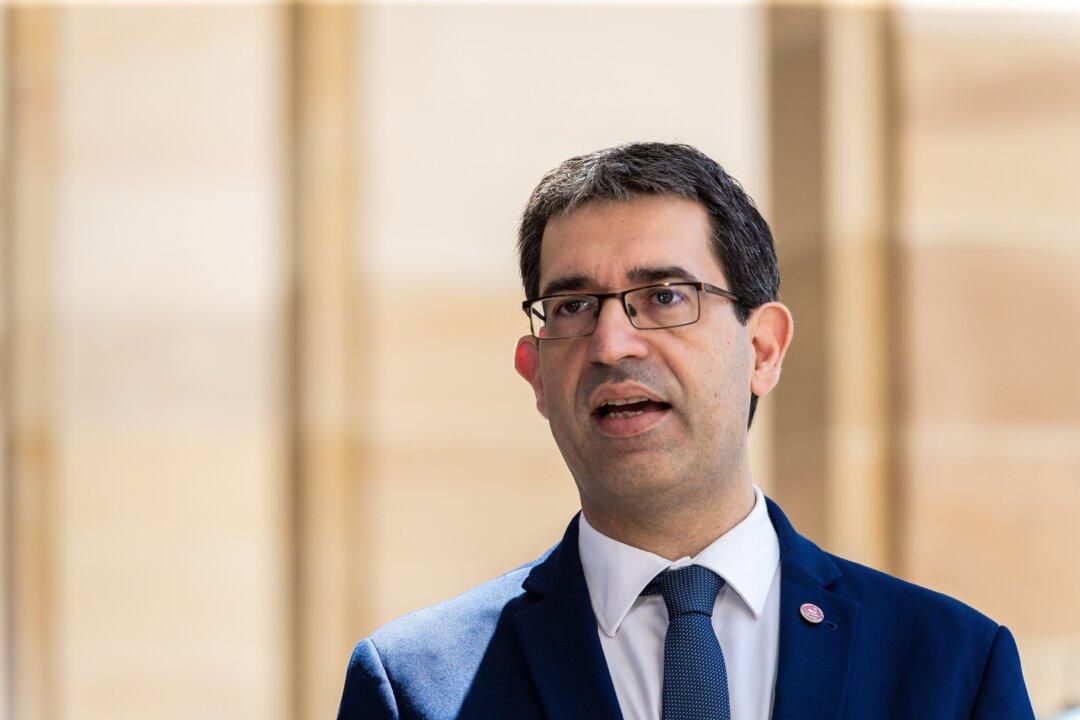West Australian Upper House MP Nick Goiran has said that repeated personal attacks and media vilification against opponents of proposed euthanasia laws served as the cornerstone of the campaign that ultimately won public support for the controversial legislation.
Amid acrimonious debate over the issue, Western Australia’s largest newspaper ran the following front-page headline: “RIP Democracy Died: November 22, 2019.”






